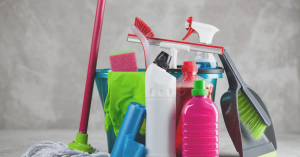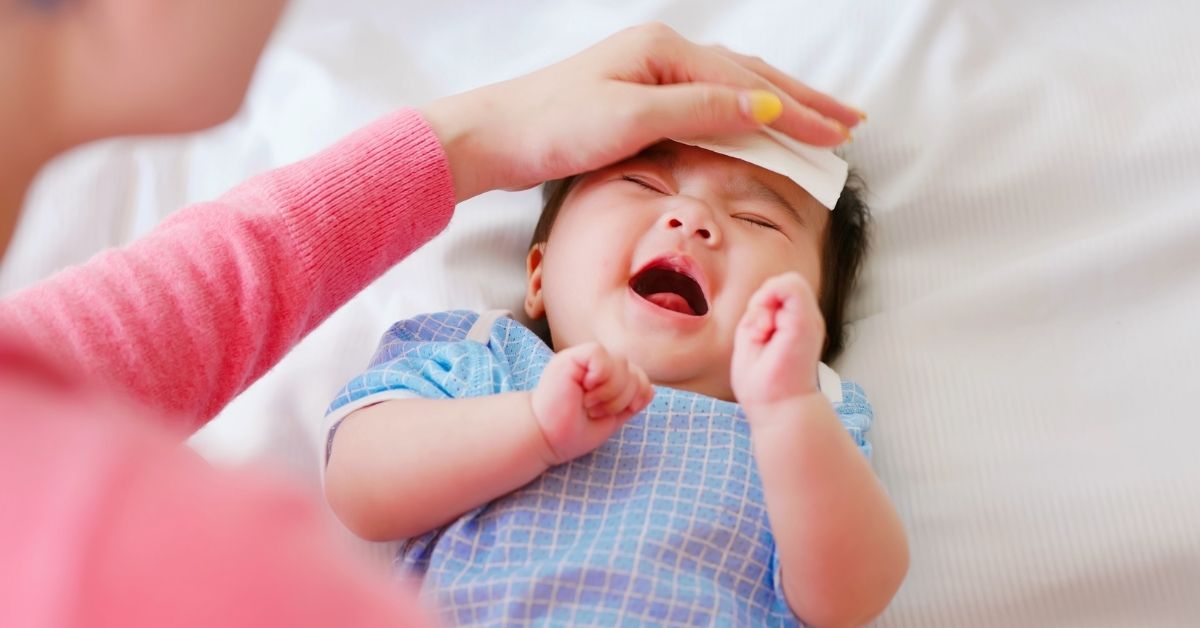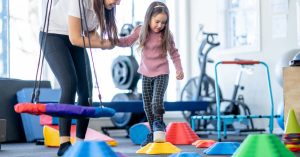There’s always a new trend every week, especially when it comes to parenting. Some might be helpful, some questionable, and some even alarming. One of the most dangerous trends these days is DIY baby formula. Yes, you read it right! Nowadays, parents, in their search for natural and homegrown approaches, are trying to figure out their own baby formula in their kitchens. The reality is this trend carries real risks. Read below this interesting blog to explore the real facts and find out why this latest trend is considered dangerous.
The Appeal of Baby Formula
The fact is—parenting is stressful, especially if you have young kids. From picking up the most perfect baby name to selecting a good stroller for your little one, every choice can be overwhelming. And the added pressure of buying the best products for your baby depicts why some parents might think homemade baby formula is a good idea.
This trend markets it as an all-natural alternative to the commercial formulas found in stores, which often contain additives, preservatives, and other chemicals. Besides, some parents even seek it as a cheaper alternative, especially with soaring baby formula prices. In the U.S. alone, the average cost of formula in the U.S. is about $150 per month.
You might ask, What’s the issue? Shouldn't the parents be applauded for trying to provide something better for their little ones? Unfortunately, it’s a big no!
The Real Risks
Homemade baby formula might give off the ‘I’m doing everything I can for my baby’ gesture, but it's certainly a dangerous one. Babies, especially infants under six months, have extremely specific nutritional needs with a perfect balance of proteins, fats, vitamins, and minerals. The formula that you create on your own might not be able to meet those nutritional needs no matter how much love you pour in. Moreover, even several studies have proven that homemade formulas can be deficient in essential nutrients.
According to a survey, nearly 40 percent of homemade formulas failed to provide adequate amounts of iron, which is crucial for brain development. Besides, some baby formula recipes often available on social media and blogs can lead to dangerous imbalances, such as excessive sodium, which can lead to kidney damage or dehydration. It turns out even more alarming when some DIY formulas were found to contain unsterilized ingredients, which could introduce harmful bacteria into your baby’s diet, ultimately resulting in foodborne illnesses.
The Science Behind Commercial Baby Formulas
The truth is—commercial baby formulas are carefully tested and formulated to provide complete nutrition. The makers spend millions of dollars ensuring that every batch meets safety standards set by health authorities. Even the American Academy of Pediatrics (AAP) recommends using infant formula only when breastfeeding is not an option. This proves that commercial formulas are specifically designed to meet the nutritional requirements for infants, and no DIY recipe can replicate that precision.
Takeaway
It is common for parents to often get tempted to try and do everything themselves for their babies. While there’s no shortage of do-it-yourself resources, DIY baby formulas shouldn't be one of them. After all, it's important to understand that infants have delicate, growing bodies that require highly regulated nutrients in the right amounts. At the end of the day, your baby deserves the best. And when it comes to nutrition, nothing should be risked.









